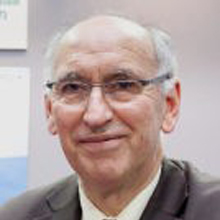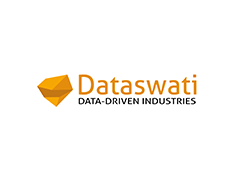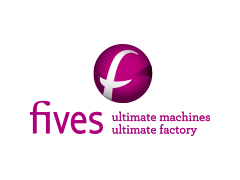Stake
Industry & Service

By encouraging and promoting the emergence of a new model of industry and service offering via Deep Tech, the Industry and Service Challenge creates added value for each company.
These transformations are taking place in a short period of time, with major technological, performance and competitiveness, safety and flexibility challenges along the way. For these companies, questions about new products and services, new business models, and new organizational models (agile) are regularly asked.
The Industry and Services Stake is positioned across the various Systematic technology hubs. It addresses business issues from the world of industry or services, issues of transformation or innovation. These issues are illustrated by concrete use cases that require the removal of various types of barriers: organizational, technological, skills and scientific.
- Understand the operational expectations of companies in terms of technology deployment
- Identify obstacles (technical, managerial, skills, governance, cybersecurity…)
- Build, disseminate and encourage the implementation and development of performance tools (products, services, best practices, public policies)
- Support the relevant deployment of competitiveness factors (systems, training, etc.) through support and communication
Supporting companies in the transformation of their business models, their organizations, their design and marketing methods, in a world where digital tools are breaking down the barriers between industry and services.
Job evolution / employee training: support the increase in skills following the increased presence of digital technology / robotization in companies.
- Identify the operating conditions for the use of technologies
- Identify the difficulties observed
- Contribute to proposing concrete solutions by strategic axis and type of company
- Impulse a renewed dynamic of digital transformation based on R&D and technologies

members
Jean-Pierre CORNIOU
President of the Industry and Service Stake
The disruption of daily lives of billions of people around the world by a virus is a disaster scenario that the most daring of screenwriters had not imagined. But from the violence of this shock, in our sophisticated and connected world, as well as from the radical measures of remediation, another model will emerge. We have been condemned against our will to focus on the essential.
The exit from the crisis and the social and economic reconstruction cannot be done in the same way. Technology has failed to fulfill its oft-stated mission: to build a better world. Covid-19 forces us to take a humbler path, aiming at producing pragmatic solutions, whose use value is explicit for the customer and society. We have great technological power. We must now make better use of it to strengthen social ties, develop collective security and enrich global cooperation.
This change in practice is generating profound changes in management (empowerment and autonomy of teams), culture (accepting mistakes), and governance (collaborative and multidisciplinary work), and is also calling into question skills, industrial policies and purchasing policies. New practices are needed to make the most of our tools.
Since its creation, the Industry and Service Stakehas been committed to bringing all technologies together to solve the problems faced by companies, their partners, their employees and their customers. Technology, more than ever, must serve mankind and the planet. More than ever, our ambition is to use it with talent and discernment, to develop skills and to constantly enrich our offer so that it meets the challenges of the long term. Our commitment.
Governance
The President

Jean-Pierre CORNIOU
Partner at Sia Partners, Co-president Institute of Iconomy
Jean-Pierre Corniou is an expert in IT strategy and organizational transformation. He has held management positions throughout his career, including sixteen years as CIO of CAC 40 groups.
He is involved in designing IT and digital strategies for companies and public organizations. He has developed a global approach to the impact of digital technologies on organizations and society.
He teaches and publishes actively on all the technical, functional and organizational components of information systems, the digital economy and their impact on mobility systems. He is a regular speaker on the challenges of the digital society and the transportation revolution.
The Vice-Presidents

Claire WAAST-RICHARD
CIGREF, Deputy IS Director at ENEDIS

Marc ALOCHET
Expert Leader Assembly at RENAULT






















